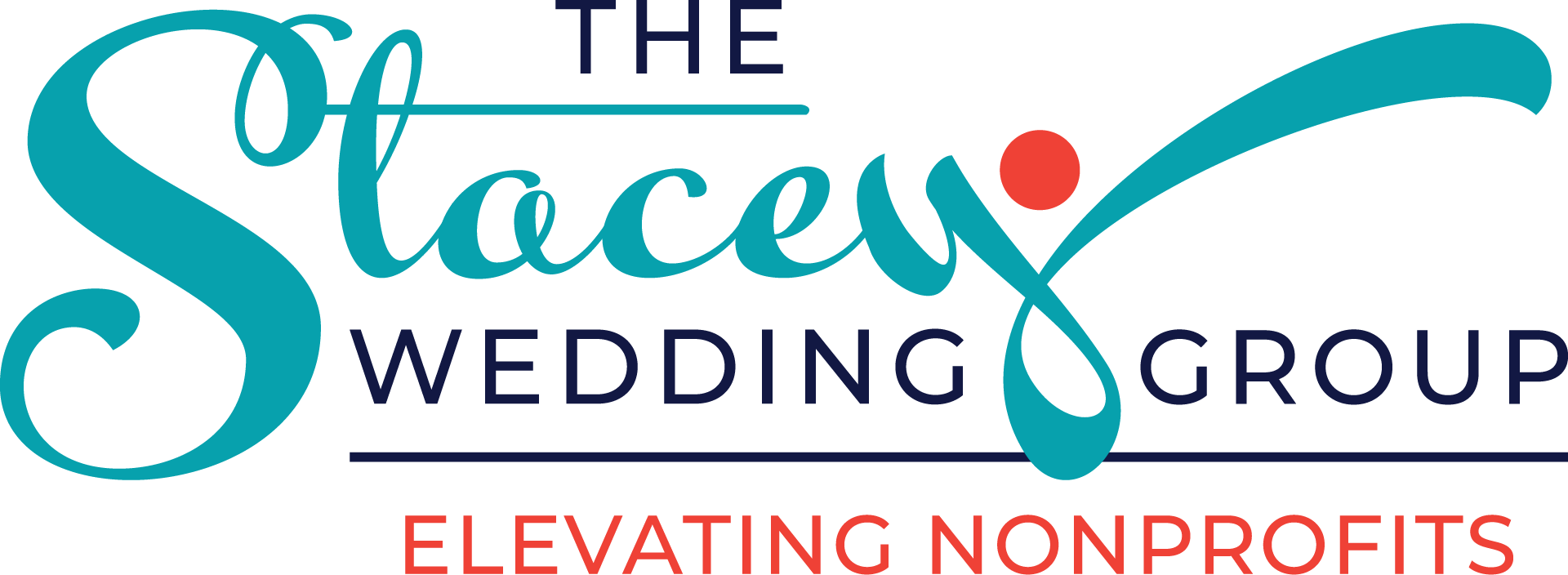Hello everyone! My name is Killian.
I recently graduated from UNLV as a meetings and events major. Over the course of my college career I helped plan a wide range of events, from a game night with 10 students to a scholarship fundraising event that raised thousands of dollars for the lucky recipients. Whether it was planning events for the university, through a job, or with an internship, I always learned something from the events I worked on.
The following tips were chosen based on my personal event experiences and can be universally applied. Happy reading!
1. Start early
Time flies when you’re having fun . . . and when you’re planning an event! Even if the big day is years away, it’ll be here before you know it. Contact suppliers right away to secure your preferred venue and vendor choices for the event.
Starting early is also helpful when requesting donations. Many organizations have set budgets for donations, so reaching them early is more favorable for garnering support.
2. Stick to the schedule
The event date is just as important as the schedule preceding it. Set a schedule for various event deadlines to be completed and stick to it.
Write down all appointments and meetings—even phone calls—to assure nothing slips under the rug.
3. Follow-up (and confirm!)
Follow-up with donors, venues, and vendors until everything is clarified and confirmed. Even after contracts are signed, call your suppliers at least one month prior to the event to ensure all details are set.
When contacting donors follow up weekly if they’ve expressed interest in support. If they’re unable to support, thank them for their time.
4. Keep records of everything
Keep everything for reference: emails, voicemails, contracts, meeting notes, even text messages! This reduces confusion and miscommunication between key event players. Additionally, conversation records are used to solve disputes between parties.
5. Communicate, communicate, communicate
Loop all event players into communication to eliminate contradictions and confusion. Keep messages short and sweet, but make sure you include all the important points.
Prioritize the message like a mullet: business first, party second. If you focus on the party in the beginning, no one wants to stay for the business.
I hope these tips help you in your future event planning processes! They’ve certainly helped me.
If you have any additional tips, leave them in the comments below or on our social media channels.
If you have any questions or need some help with your upcoming events, please email me! My email is [email protected].
Thank you!
